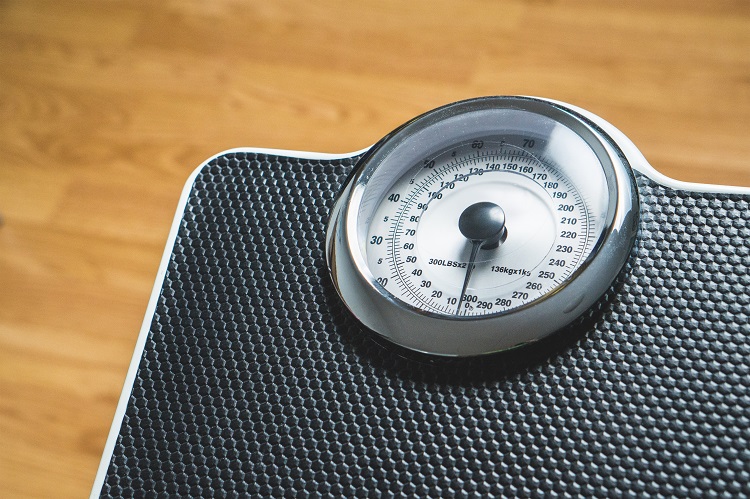One in three gained weight during the COVID-19 lock down, according to new national study
Posted 24 August, 2020

- Almost one-in-three reported weight gain.
- One-in-five worried about having enough food.
- Absence of school meals lead to children experiencing hunger.
Nearly a third of people in Ireland gained weight during the COVID-19 lock down, according to a new food study.
The National COVID-19 Food Study found that many people, most notably those aged 25 to 44-years-old, changed their eating and alcohol habits much more than expected.
However despite the increase in weight gain, one-in-five people also expressed worry about not having enough food to eat during the lock down.
“While we saw some positive elements... a significant proportion [of people] reported eating more than usual, exercising less, and weight gain,” said (opens in a new window)Dr Eileen Gibney, deputy director of the UCD Institute of Food and Health.
“Worryingly, the restrictions seemed to impact food availability, with some people reporting concerns about getting the food they wanted or having enough food in their household.”
The National Covid-19 Food Study was carried out by the UCD Institute of Food and Health in collaboration with Dublin City University.
Using an online-only survey, information was gathered on changes in food and drink behaviours among adults in Ireland during the COVID-19 restrictions.
Cause for concern, the study notes, is that a number of children in Ireland were experienced hunger in absence of school meals.
“These services are extremely vulnerable to shocks as such COVID-19 and the government must ensure that emergency planning includes food provision services, rather than relying on the benevolence of charitable services,” said (opens in a new window)Dr Celine Murrin, UCD School of Public Health, Physiotherapy and Sports Science.
Vulnerable groups including refugees, low-income earners, and those living with a disability or addiction were also significantly impacted by the lock down.
“[Many] had real challenges affording food with the extra ‘hidden’ costs of lock down,” said (opens in a new window)Dr Sharleen O’Reilly, UCD School of Agriculture and Food Science. “Higher household bills, loss of income and eating more family meals at home all added to the stress of living life at home 24/7.”
“The study shows that this relatively short period of time had a major impact on people’s lives,” said (opens in a new window)Dr Emma Feeney.
“People cooked at home much more but also drank more alcohol, and interviews with advocacy groups suggested many households were under pressure with more people living at home, and increased grocery costs.”
By: David Kearns, Digital Journalist / Media Officer, UCD University Relations






